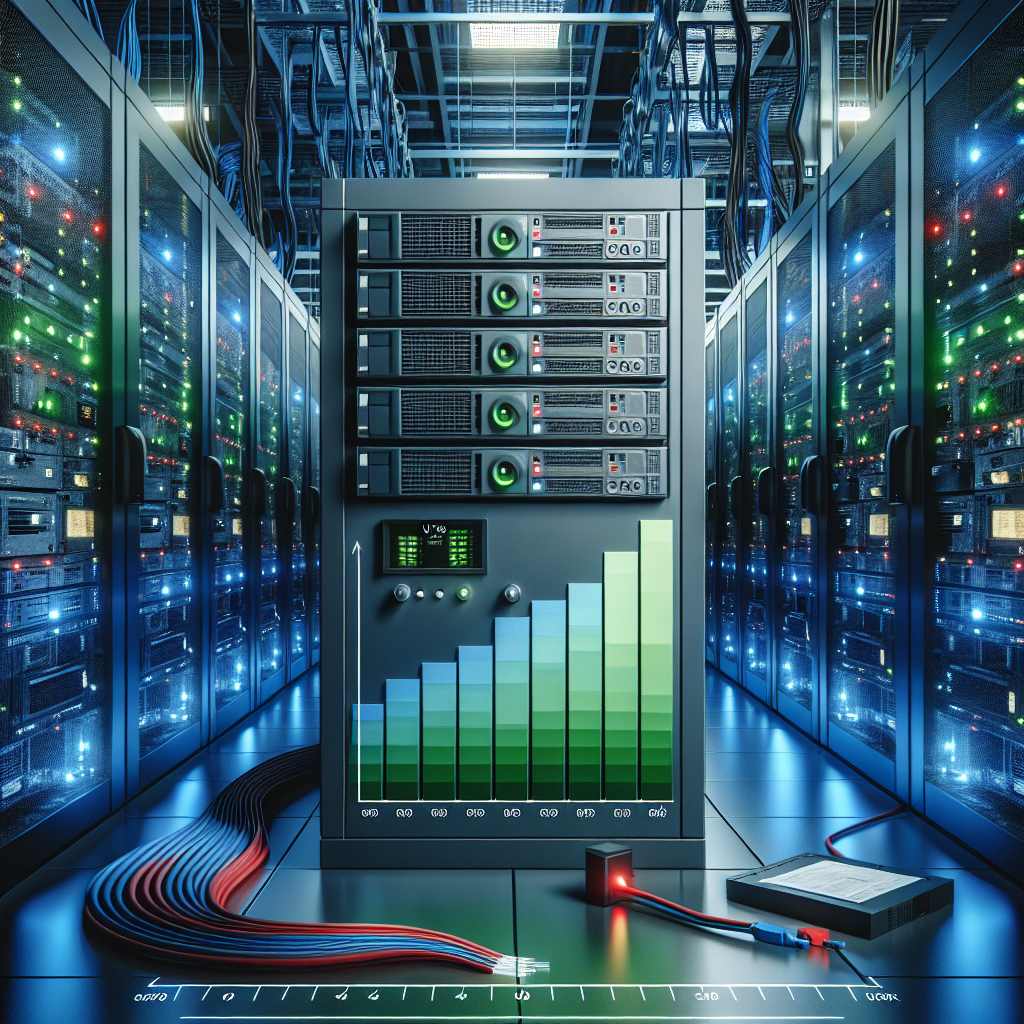In today’s digital age, businesses rely heavily on their data centers to store and manage critical information. From customer data to financial records, these centers are the backbone of operations for many organizations. However, what happens when these data centers experience downtime? The cost can be significant, both financially and in terms of reputation.
Downtime refers to the period of time when a system or service is unavailable. This can be due to a variety of reasons, such as power outages, equipment failures, or natural disasters. Regardless of the cause, the impact of downtime on a business can be severe. According to a recent study by the Ponemon Institute, the average cost of data center downtime is $7,900 per minute. For a medium-sized business, this can amount to hundreds of thousands of dollars in lost revenue and productivity.
One of the key components in preventing downtime is a reliable Uninterruptible Power Supply (UPS) system. A UPS is a device that provides emergency power to a load when the input power source fails. In the case of a data center, a UPS can help to ensure that critical systems remain operational during power outages or other electrical disturbances.
There are several reasons why a UPS is essential for business continuity in a data center. First and foremost, a UPS can prevent data loss by providing a temporary power source during outages. This can help to avoid corruption of important files and databases, ensuring that operations can resume smoothly once power is restored.
Additionally, a UPS can protect sensitive equipment from damage caused by power surges or fluctuations. By providing a stable and clean power supply, a UPS can help to extend the lifespan of servers, storage devices, and other critical infrastructure components.
Furthermore, a UPS can help to maintain productivity and customer satisfaction by minimizing downtime. In today’s fast-paced business environment, even a few minutes of downtime can have a significant impact on operations. By investing in a UPS, businesses can ensure that their data centers remain operational and accessible to employees and customers at all times.
In conclusion, the cost of downtime for a data center can be substantial, both in terms of financial losses and damage to reputation. By investing in a reliable UPS system, businesses can mitigate the risks associated with downtime and ensure that their critical systems remain operational during power outages and other disruptions. Ultimately, a UPS is an essential component of any business continuity plan for data centers, helping to protect valuable assets and maintain operations in the face of unforeseen challenges.


Leave a Reply